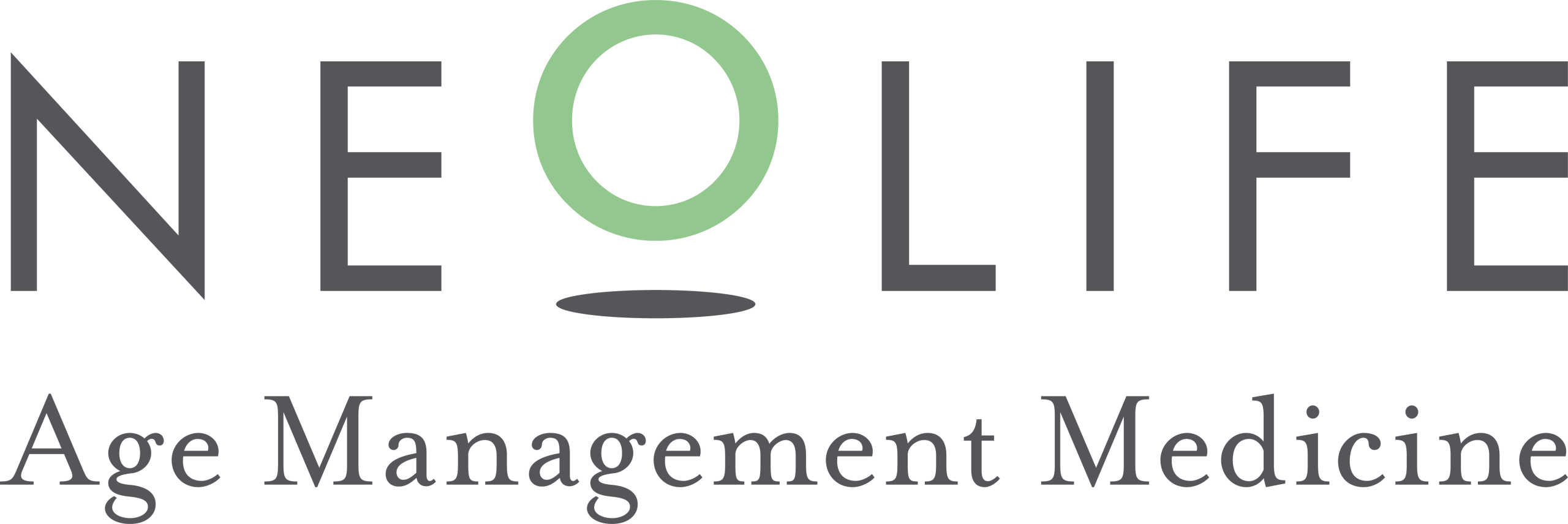It’s not easy to go back to working, sleeping less, preparing meals, resuming physical exercise and accepting the responsibilities of each day.
All of this requires a great deal of effort that depends, without question, on our state of health. If we eat properly and acquire healthy habits again we’ll have more energy to face all these tasks and avoid future illnesses.
Tania Mesa – Director of the Neolife Nutrition and Nursing Unit
Estefania Schoendorff – Neolife Nutrition and Nursing Unit
When re-acquiring healthy habits, it’s good to consider strategies such as setting “realistic goals” for ourselves, like drinking more water or consuming more fiber.
We’re back from vacation and back to our daily routines. In general, “going back to the school of healthy habits” is no easy task. Returning to our workday, sleeping fewer hours than when we’re on vacation, preparing meals, going shopping, taking care of those who depend on us, returning to physical exercise and accepting each and every one of our daily responsibilities requires a great effort that depends, no doubt, on our state of health. But we know that if we eat properly and develop healthy habits again we’ll have more energy to face all of these tasks and avoid future illnesses, which start catching up to us as the years go by.

When re-acquiring these habits, you should think about:
- Setting “realistic goals”. For example, going back to exercising in a progressive way, that is, reclaiming little by little all the routines we’ve brushed aside during the vacation months, particularly exercise. We can’t just go back to a high-intensity daily routine all at once: it’s better to start with two or three days a week at a mild to moderate intensity to avoid possible injuries or stiffness that can push us to give up before we’ve barely even started.
- Reacquiring healthy dietary habits. To do this, we should plan a weekly menu, write a list of the food we need to have in our fridge or pantry and go out and buy food we’ve run out of, though never on an empty stomach. We must make sure to include in our list: vegetables, seasonal fruit, nuts, lean meat, fresh fish, shellfish, skim milk, eggs, legumes, whole-grain pasta, rice, and other grains and seeds. It is recommended to avoid the temptation to choose ultra-processed or industrialized foods. Establishing frequency of certain foods for your family can be a good way to adapt to a healthy diet:
- Vegetables: be sure to include these every day at lunch and dinner.
- Dairy: include a minimum of 2 servings per day (may be a good choice for breakfast and afternoon snack).
- Fruit: include some serving throughout the day every weekday, such as mid-morning (their fructose will help you get through the day with energy).
- Protein: try to introduce lean white or red meat and egg into meals and leave the fish and shellfish for nighttime, as they are less heavy and easier to digest.
- Carbohydrates: choose whole-grain carbs 2 times a week at first or 3-4 as a side dish. In any case this group will depend on your level of physical activity and your nutritional requirements (you might even need a minimum daily portion).
- As for cooking methods, it’s time to say “farewell” to fried, battered and breaded foods in favor of healthier culinary techniques such as steaming, roasting and grilling.
- Another of the most important changes we should make is substituting soft drinks, alcohol, beer, wine for water, coffee, tea, organic juice or natural beverages. We must ensure minimum daily hydration of 1.5 L of water (this may vary according to the physical activity, age and sex of each person).
- Include fiber in your diet by choosing whole foods. After vacation periods, we may encounter certain intestinal dyspepsias derived from excesses, or occasional constipation due a change of residence or summer travel. We can adopt the use of a high-quality symbiotic (pre and probiotic), which helps regulate our intestinal transit.
- Recovering a regular meal and rest schedule. Try to ensure at least one intake of food every 3-4 hours, so you’re not starving by meal time (especially dinner) and a recuperative rest of 6-8 hours of sleep. This will help us to control anxiety, avoid snacking between meals or overeat at night.
At Neolife, we work to maintain healthy life habits as much as possible throughout the year, regardless of the season we’re in or the social events happening around us. However, in the event of a possible “slip up” during this vacation period, or if you have difficulty reacquiring healthy habits, we can help you. We do perform exhaustive measurements of all the health parameters that may have been susceptible to negative changes during this vacation period, and following a holistic and customized approach, our multidisciplinary team will carry out all the necessary measures so you can resume your life’s rhythm and achieve the parameters of excellent health. So it’s time to get back to it and face the new work year in a responsible and healthy way.
